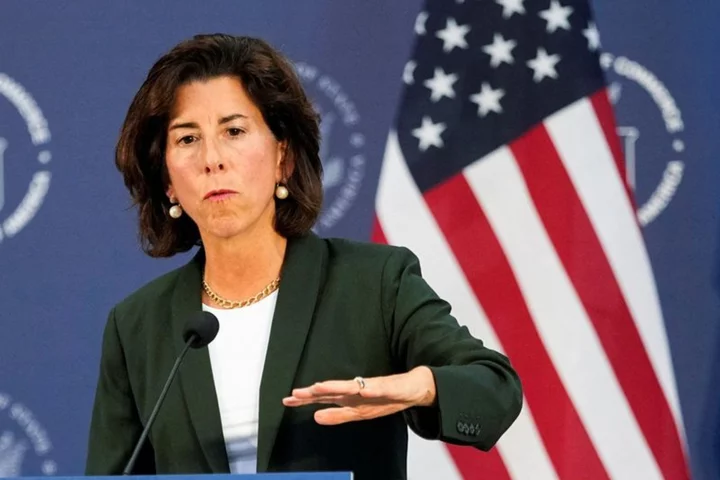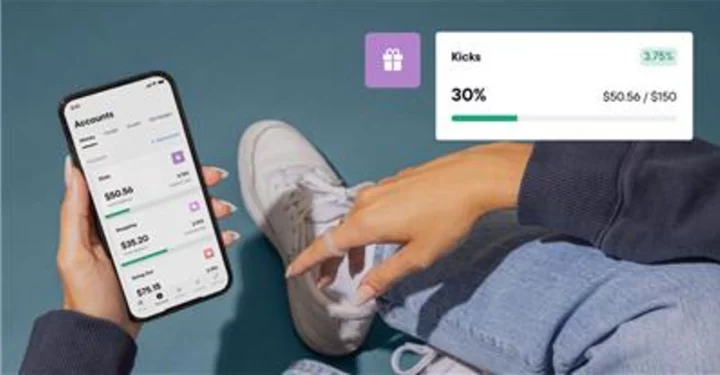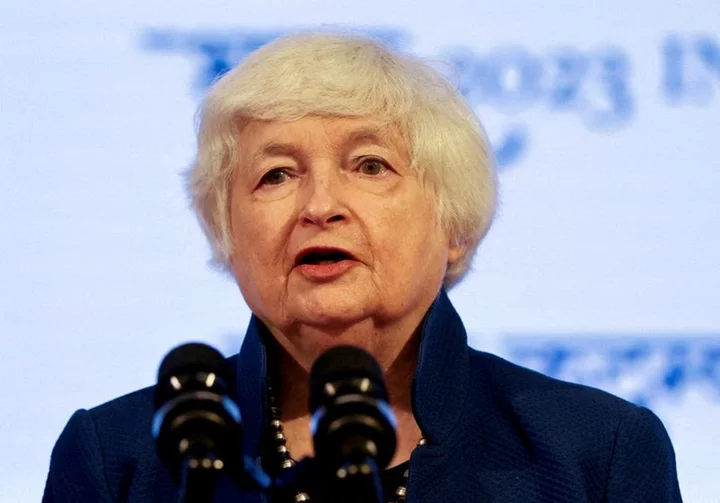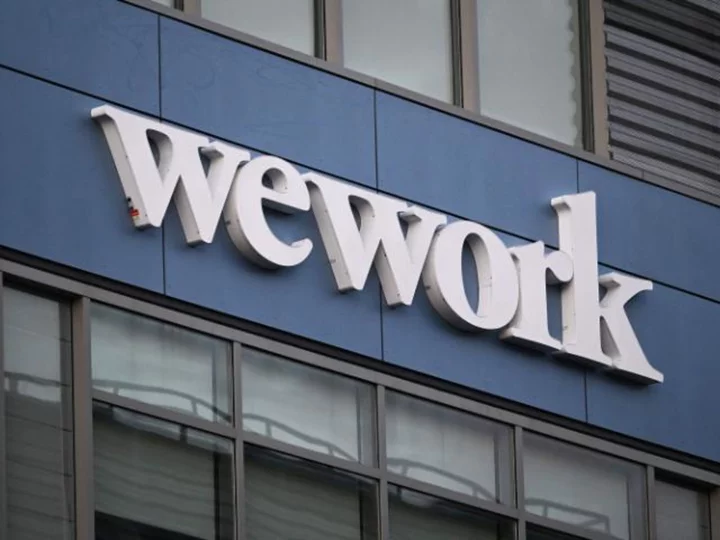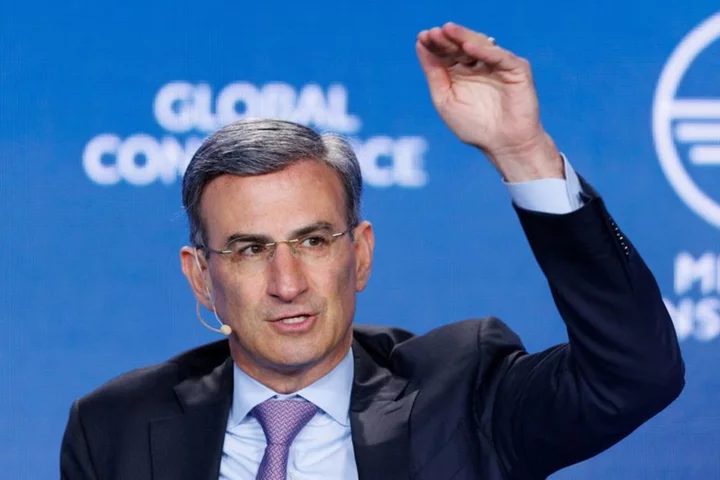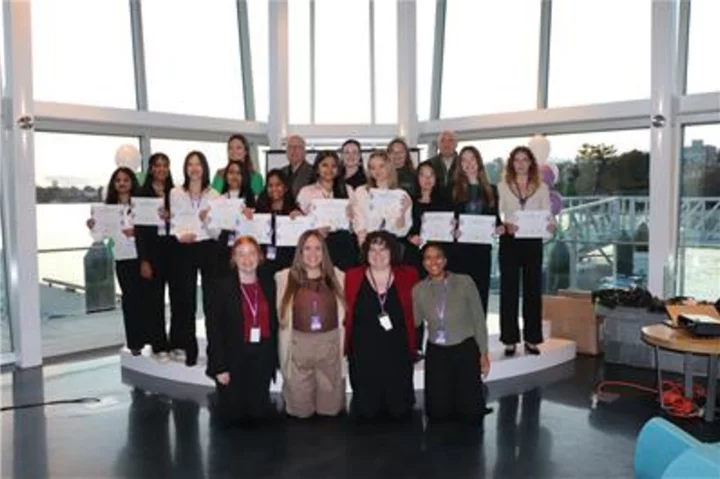By David Shepardson
WASHINGTON (Reuters) -The U.S. has no evidence that Chinese manufacturer Huawei can produce smartphones with advanced chips in large volume, U.S. Commerce Secretary Gina Raimondo said on Tuesday.
Huawei recently started selling its Mate 60 Pro phone containing a chip that analysts believe was made with a technology breakthrough by Chinese chip foundry Semiconductor Manufacturing International Corp (SMIC).
"We don't have any evidence that they can manufacture seven-nanometer (chips) at scale," Raimondo said at a U.S. House hearing, referencing an advanced chip.
From 2019, the U.S. cut Huawei's access to certain chipmaking tools, calling Huawei a security risk, which the company denies. The U.S. government has said Huawei poses “unacceptable” national security risks because of the threat of spying on U.S. telecommunications networks.
The Commerce Department said this month it is working to obtain more information "on the character and composition" of the chip that may violate trade restrictions since they said it must have been made with U.S. technology.
Raimondo told the House Science Committee hearing she was upset by the advanced Huawei smartphone report.
Some Republicans think the Commerce Department should end all technology exports to Huawei and SMIC.
The chairs of the House Foreign Affairs, Energy and Commerce, Armed Services, and select China committees last week urged the Commerce Department to stop granting licenses to Huawei and SMIC, and said it called for additional U.S. pressure "and more effective export controls on our adversaries."
Raimondo declined to comment after the hearing on whether she was considering ending all licenses for Huawei.
Republican Representative Darrell Issa said at the hearing Raimondo was in China when the new Huawei phone was announced.
"You were bushwhacked to say the least by the launch of a 5G phone," Issa said.
White House National Security Adviser Jake Sullivan said this month the U.S. government is trying to get more information about the Huawei chip.
Raimondo also told reporters the apparent bans on some Chinese government official use of Apple's iPhones by the Chinese government was "concerning."
(Reporting by David Shepardson; Editing by Chizu Nomiyama and Josie Kao)

